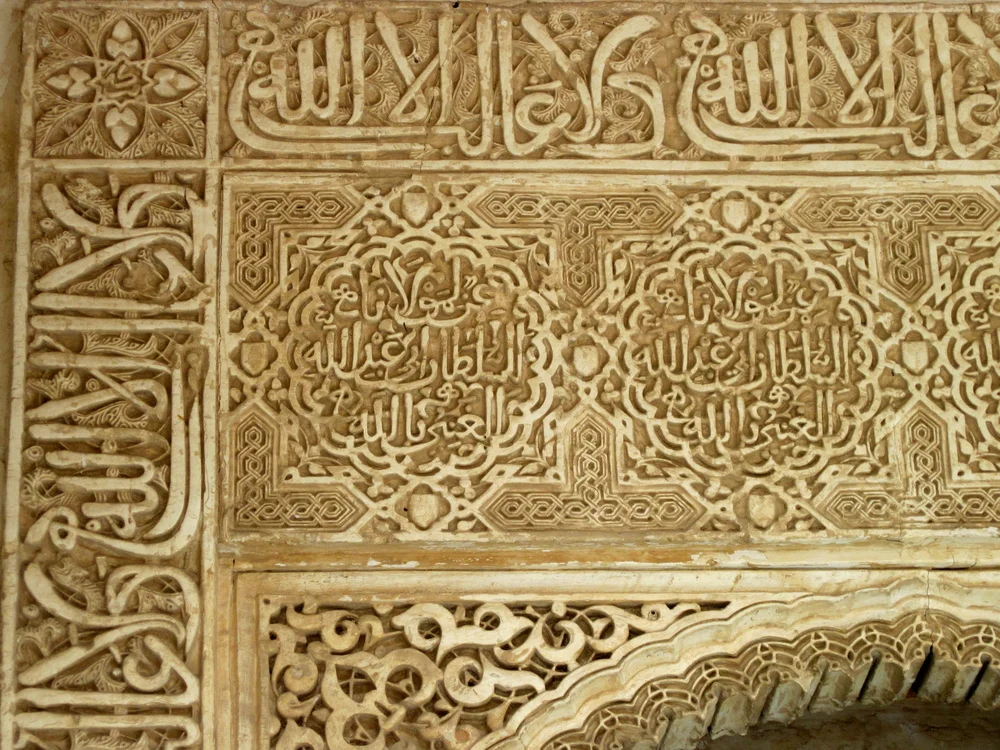Iran’s Supreme Leader Tweets Attacks on US, Israel (Daily Caller News Foundation)
/(As printed by The Daily Caller. Thumbnail photo via Nick Taylor on Flickr.)
A U.S.-sponsored agreement on Iran’s use of nuclear energy may be near, but that hasn’t stopped Iran’s Supreme Leader Ayatollah Ali Khamenei from assailing Israel and the United States on Twitter.
On Tuesday Khamenei linked to a series of past statements on Facebook, contrasting the U.S., “the only nuclear #criminal in the world,” with Iran’s allegedly “peaceful use of nuclear energy,” and stating that “#Iran considers the use of nuclear, chemical and similar weapons as a great and unforgivable #sin.” (RELATED: Iran’s Supreme Leader: Jihad Will Continue Until America Is No More)
This comes just days after Khamenei casually asked his Twitter followers: “how can #Israel be eliminated?”
In a series of tweets hashtagged #HandsOffAlAqsa, the senior cleric, who serves as Iran’s head of state, called Israel’s government “barbaric, wolflike and infanticidal.” One tweet included a nine-item chart explaining a step-by-step strategy of hostility and confrontation against Israel.
The messages were apparently part of a Twitter campaign protesting Israel’s security-motivated closure of access to the holy sites atop the Temple Mount in Jerusalem, which includes the Al-Aqsa Mosque, the third-holiest site in all of Islam.
The vitriolic tweets came just an hour after a routine announcement appointing a new head to Iran’s national broadcasting agency. Not soon after, Khamenei’s account turned to the subject of the nuclear deal, with a chart explaining the “5 features of Iranian diplomacy,” which include “open, strong and genuine support for the oppressed.”
Alex Vatanka, an Iran scholar at the Middle East Institute, is baffled by Khamenei’s tweets. The Supreme Leader chose to blast Israel “at the worst moment you could have imagined,” he told The Daily Caller News Foundation. “Having been Supreme Leader of Iran for a quarter-century, he can’t claim ignorance of how sensitive this topic is in Washington. He can’t claim not to know the damage such rhetoric creates for Iran’s international standing.” Moreover, Vatanka said, this hurts Iran’s reputation in countries where it seeks greater legitimacy: “you cannot claim to be a stabilizing force in the Middle East when you go around saying one of the countries in the neighborhood needs to disappear.”
Khamenei has put his support behind the nuclear agreement “for one simple reason: he wants the sanctions to be removed,” Vatanka said. Economic sanctions by the United States and other countries have squeezed Iran’s economy, depreciated its currency, and increased its international isolation, at a time when President Hassan Rouhani is attempting to restore Iran’s legitimacy on the world stage.
“The expectations on the Iranian side for the release of sanctions are very big,” Barbara Slavin, a nonresident senior fellow at the Atlantic Council and Washington correspondent for the news site Al-Monitor.com, told TheDCNF. “I find it difficult to believe that Iran’s leaders will just walk away from a deal,” she said. Yet Slavin is unsurprised by the Supreme Leader’s vitriol against Israel. “I’ve endured Khamenei’s speeches for years — his rhetoric doesn’t really change very much. And if you look at his Twitter feed, what he’s putting out there for an English-speaking audience isn’t different from what he’s doing for the domestic side.”
Slavin also suggested that Khamenei may be operating shrewdly to pacify right-wing objectors to reconciliation with America. “If anything, this may be a positive sign for a deal, in the sense that he’s already preparing the ground” against domestic objectors, signaling his legitimacy by affirming the anti-U.S. and anti-Israeli values of Iran’s 1979 Islamic Revolution. (RELATED: U.S.-Iran Nuke Deal Preserves Iran’s Nuclear Program)
Iran’s top nuclear negotiator recently thanked Khamenei publicly for his support and leadership. But Vatanka fears what Khamenei’s tweets may indicate about actions behind the scenes in Tehran: Khamenei appears to be “undermining the same government that he has said for the last year he supports,” and contradicting the tone of such advances as the Rosh Hashanah greeting sent by Rouhani last year. “If this tension continues, then somebody has to give. I don’t see how the two visions, one seeking respectability and one advancing the Revolution, will be reconciled in the long term.”
The formal deadline for the talks is Monday, November 24, though the timeline may be extended.
Content created by The Daily Caller News Foundation is available without charge to any eligible news publisher that can provide a large audience. For licensing opportunities of our original content, please contact licensing@dailycallernewsfoundation.org.
